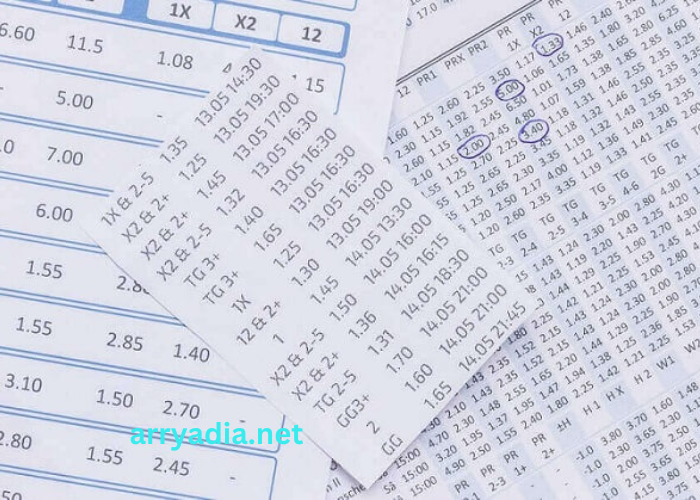Understanding and keeping track of prayer times is crucial for practicing Muslims, ensuring that they perform their daily prayers on time. For residents of Oujda and visitors to the city, knowing the precise prayer timings for 2022 is essential for religious observance. This guide provides a detailed overview of prayer times in Oujda, focusing on Fajr, Dhuhr, Asr, Maghrib, and Isha prayers, and offers insights into how these timings are determined and adjusted throughout the year.
Understanding Prayer Times
Prayer times are based on the position of the sun and vary according to geographical location and time of year. In Islam, there are five obligatory prayers that must be performed at specific times throughout the day:
- Fajr: The dawn prayer, performed before sunrise.
- Dhuhr: The midday prayer, performed after the sun passes its zenith.
- Asr: The afternoon prayer, performed in the late afternoon.
- Maghrib: The evening prayer, performed just after sunset.
- Isha: The night prayer, performed after twilight has disappeared.
Each of these prayers has a designated time window that begins with the start of the prayer time and ends with the beginning of the next prayer time. Understanding these timings helps Muslims to schedule their daily activities around their prayer obligations.
Prayer Times in Oujda for 2022
Oujda, located in northeastern Morocco, experiences prayer times that are influenced by its geographic position. Throughout the year, prayer times in Oujda will vary slightly due to changes in the length of daylight hours. This variation is more pronounced in the summer months, where days are longer, and less noticeable in the winter months, where days are shorter.
Fajr Prayer
The Fajr prayer time begins at dawn, before the sun rises. In Oujda, the Fajr prayer typically starts around 6:00 AM during the winter months and can be as early as 5:00 AM in the summer. The exact time for Fajr prayer changes daily, so it is important to refer to a current Islamic calendar or prayer time app for the precise timing each day.
Dhuhr Prayer
The Dhuhr prayer time starts when the sun passes its zenith and begins to decline. In Oujda, Dhuhr prayer is usually observed around 12:30 PM to 1:00 PM during the winter months and 1:30 PM to 2:00 PM in the summer. This time shifts slightly throughout the year, reflecting the changing position of the sun.
Asr Prayer
The Asr prayer time begins in the late afternoon. In Oujda, Asr prayer typically starts around 4:00 PM to 4:30 PM in the winter months and around 6:00 PM in the summer. The exact time for Asr prayer varies depending on the length of the afternoon.
Maghrib Prayer
Maghrib prayer starts just after sunset. In Oujda, Maghrib prayer time generally falls between 6:00 PM to 6:30 PM in the winter and around 7:30 PM to 8:00 PM in the summer. As the sun sets earlier in the winter, Maghrib prayer time is earlier compared to the summer months.
Isha Prayer
The Isha prayer time begins after twilight has disappeared. In Oujda, Isha prayer typically starts around 7:00 PM to 7:30 PM in the winter months and around 9:00 PM to 9:30 PM in the summer. The timing of Isha prayer varies based on the length of the evening twilight.
How to Determine Prayer Times
The determination of prayer times involves calculating the position of the sun in relation to specific angles. Islamic scholars and organizations use astronomical data and mathematical calculations to establish accurate prayer times. Various methods and criteria are employed to determine the start and end times for each prayer, including the use of astronomical observations and software tools.
Importance of Accurate Prayer Times
Accurate prayer times are essential for ensuring that prayers are performed within their designated windows. Performing prayers outside of these times is considered invalid. Therefore, using reliable sources such as Islamic calendars, prayer time apps, and local mosques helps Muslims adhere to their religious duties correctly.
Tools and Resources
Several tools and resources are available to help Muslims determine prayer times accurately:
- Islamic Prayer Time Apps: Mobile applications provide real-time prayer times based on location and date. These apps often include additional features such as notifications and Qibla direction.
- Islamic Calendars: Printed or digital calendars offer daily prayer times for the entire year and can be used as a reference.
- Local Mosques: Mosques often provide prayer time schedules and announcements for the local community. Visiting or contacting a local mosque can offer additional support.
Adjusting for Changes Throughout the Year
Since prayer times change gradually throughout the year, it is important to adjust schedules accordingly. Utilizing dynamic tools such as prayer time apps or regularly checking updated Islamic calendars ensures that the timings remain accurate.
Conclusion
Understanding the prayer times in Oujda for 2022 is essential for maintaining regular and timely observance of daily prayers. By referring to accurate resources and tools, residents and visitors can ensure they perform their prayers within the prescribed times. The process of determining these times is based on astronomical calculations and religious guidelines, reflecting the importance of precise scheduling in Islamic practice. As you navigate your daily routine, keeping track of these prayer times will help you fulfill your religious duties and maintain spiritual discipline.



